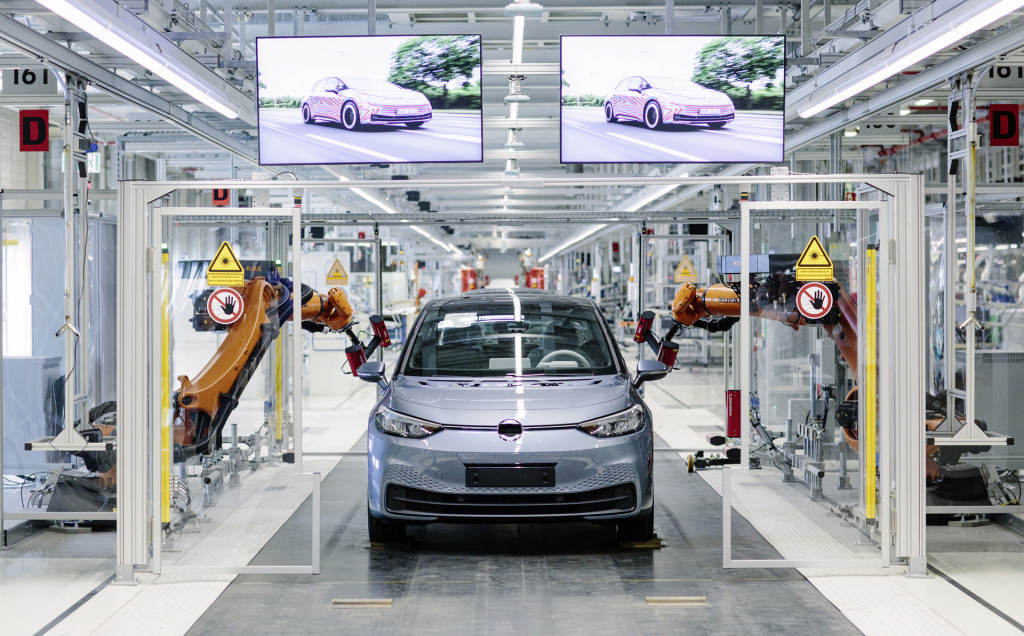Up until the past year, Norway was seen as a fringe case for electric-vehicle adoption, a nation in which widespread incentives had led to a situation in which there are more electric-car owners and drivers, per capita, than anywhere else in the world.
By the sheer number, Norway, which we’ve noted is about the size of Los Angeles County in population, has been the biggest market for electric cars in Europe—and the third-largest nation in the world for EV sales, after only China and the U.S.
But the rest of Europe, it seems, is catching up, quick. The case in point is the heartland of the European auto industry, Germany. Although Germany is nowhere close to Norway in terms of EVs per capita, it appears that it will surge past Norway in total EV sales.
According to Bloomberg, citing the transportation agencies of the two countries, through November there were 57,533 electric vehicles sold in Germany and 56,893 in Norway.
Norway has had higher EV sales than any other European country since 2010, when the Nissan Leaf was launched, and well before then when the nation birthed the electric carmaker Think and its city-sized EVs.

2020 Volkswagen ID 3 production at plant in Zwickau, Germany
Germany’s federal motor and transport authority reports that 1.0 percent of 3,435,778—or about 34,000—new-vehicle registrations in the country in 2018 were electric vehicles.
Germany is of course the home of Volkswagen Group, Daimler (Mercedes-Benz), and BMW, which each have made plans to revamp their companies, keep core development and manufacturing jobs in Germany, and radically electrify their lineups. As part of aims to put 10 million electric cars on the nation’s roads by 2030, In November Germany boosted its incentives by 25% for EVs that cost less than 40,000 euros ($44,600).













